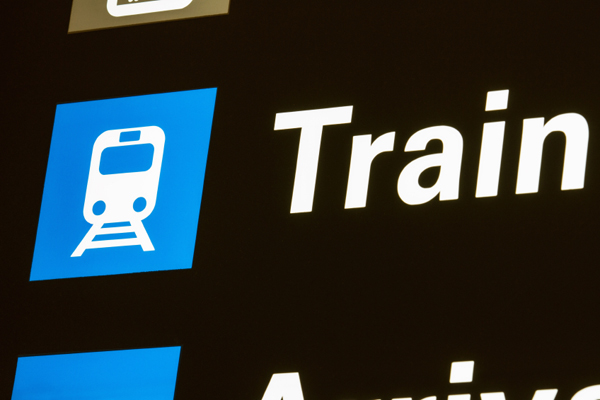By Tate Papworth
Brimbank council has urged the state and federal governments to consider local priorities when making a decision about the controversial Melbourne Airport rail link.
A dedicated tunnel from Sunshine to the city is the sticking point, with the state and federal governments reportedly favouring using existing above-ground tracks.
Trains would enter the CBD via the new Metro Tunnel.
According to The Age, private consortium AirRail, which is comprised of Super fund IFM Investors, Metro Trains, Southern Cross station and Melbourne Airport has written to the Prime Minister and Premier offering an extra $2 billion to build the project.
The additional funding would bring the consortium’s total offer to $7 billion.
The airport rail with a stop at Sunshine is the centrepiece of Brimbank council’s bold plans to transform the municipality.
Brimbank mayor Georgina Papafotiou urged decision makers to consider local priorities.
“Brimbank council supports a fast, efficient and dedicated Melbourne Airport Rail service with a stop between the CBD and airport at the Sunshine Super Hub,” Cr Papafotiou said.
“Council is calling on the federal and state governments to consider local as well as regional priorities as part of the final design process for the Melbourne Airport Rail.
“We’re keen for the governments to make a decision soon on how to deliver this vital project, and that this decision is made with the best interests of the community and the need to build for future growth top of mind.”
Cr Papafotiou said a dedicated rail link to the airport is only one piece of the puzzle.
“Brimbank is also calling for the development of an integrated transport strategy for Melbourne’s west, to complement the Sunshine Super Hub.
“A regional transport strategy that fairly integrates and connects the local community and broader region to the Sunshine Super Hub and Sunshine Priority Precinct, is critical to help ensure fair public transport access, reduce congestion, and to connect the region’s job, education, health and social precincts,” she said.








